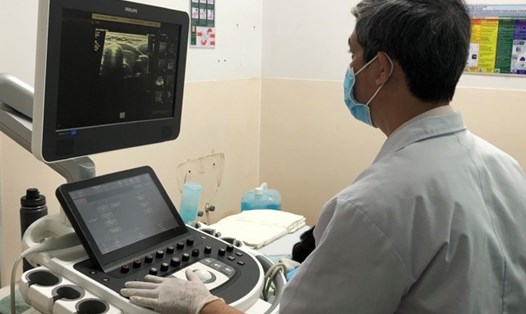“Air pollution, especially fine particulate matter (PM2.5), NO2 and CO2, can directly impact fertility in both men and women,” said Dr Lavanya R, fertility specialist at Nova IVF Fertility (Sarjapur, Bengaluru, India). In addition, air pollution increases inflammation levels in the body and causes oxidative stress, which can directly affect the sex cells and reproductive system. Pollutants can also affect hormones that regulate reproduction, leading to physiological changes.
Impact on men
Reduced sperm quality: Exposure to air pollution can reduce sperm count, quality, and motility. These pollutants can cause oxidative stress, which affects the DNA structure of sperm.
Male sex hormones: Air pollution can also affect male sex hormones like testosterone, reducing fertility.
Impact on women
Menstrual cycle: Air pollution can disrupt the menstrual cycle, leading to abnormal changes in cycle frequency and length, thereby affecting the ability to conceive.
Impact on fertility: Women living in polluted environments may have difficulty conceiving. Egg quality and ovarian function may be affected by pollutants, reducing the ability to conceive naturally.
Pregnancy and childbirth: Pregnant women exposed to air pollution may face a higher risk of complications such as premature birth, stillbirth or fetal development problems.
Conclude
“Air pollution is a factor that can affect the reproductive health of young people. Minimizing exposure to air pollution, such as avoiding going outside on highly polluted days, using protective measures such as masks, or improving indoor air quality (such as using air purifiers) is important to protect fertility,” said Dr. Lavanya R.











